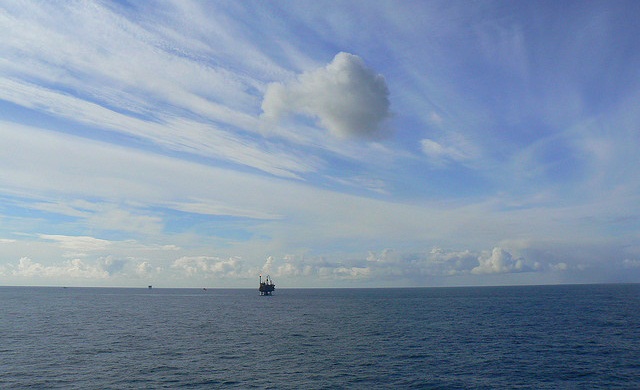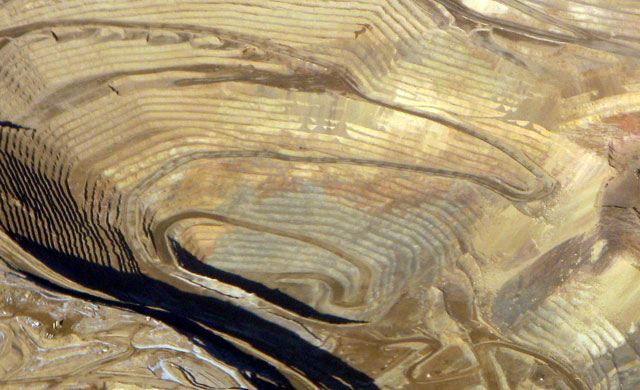Shareholders holding on to Xcite Energy (LSE:XEL) stocks continued to wonder why the share price kept on dropping after the company’s pre-production test at its Bentley Field concluded with results that it said “exceeded expectations”.

Over 20 million shares were traded by 12:40 PM GMT that plunged the share price of the UK North Sea – focussed oil and gas firm -11.9% below yesterday’s closing price to £1.15, nearly six hours after the announcement was made.
The statement however read that the appraisal and development company’s 100% controlled Bentley Field produced 147,000 barrels of Bentley crude oil two months after the company commenced flow testing operations in July.
It did not help either that the “pre-production testing” the company is doing yielded additional reservoir and production data, which, according to Xcite, will be used to “improve the calibration of the reservoir engineering model and production facilities design, enabling field development optimisation.”
What is Going On?
The question summarised all the investors’ concerns and several theories had been offered by nvestors in forums.
One investor pointed at the company’s debt that triggered the massive drop and volume, but that company’s financial position had already been made known for quite a while now.
But the most recent report that touched the company’s financials was the US$10 million unsecured loan notes with a 14% annual interest with the next payment due on the 30th September.
Last June 2012, the company signed a US$155 million loan facility specifically intended for the development of the Bentley Field. The figure can be negated by the company’s cash position at £81.8 million as of 30th June 2012.
Whatever the reason behind, Xcite’s Chief Executive, Rupert Cole, himself must not have anticipated the reaction on the Alternative Investment Market, where the firm’s shares are listed.
Speaking of th development, Mr. Cole stated:
“We have safely delivered an outstanding pre-production well test on Bentley, one of the largest remaining, undeveloped North Sea oil fields.”
Mr. Cole probably thought he will just deal with the badly damaged market capitalisation, now 13.4% down to £1.13, later.


 Hot Features
Hot Features













